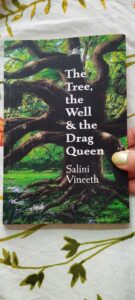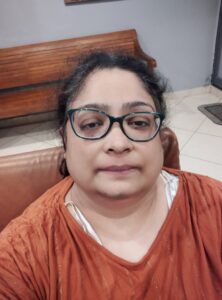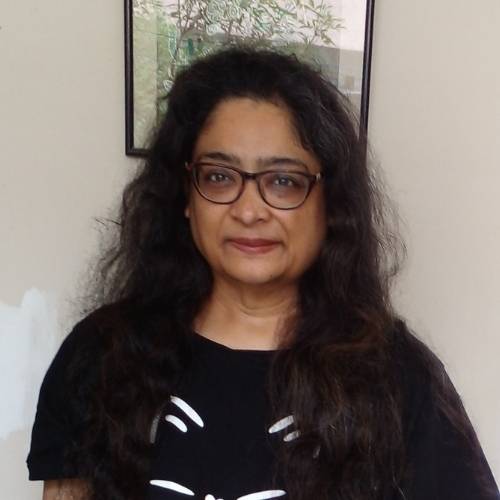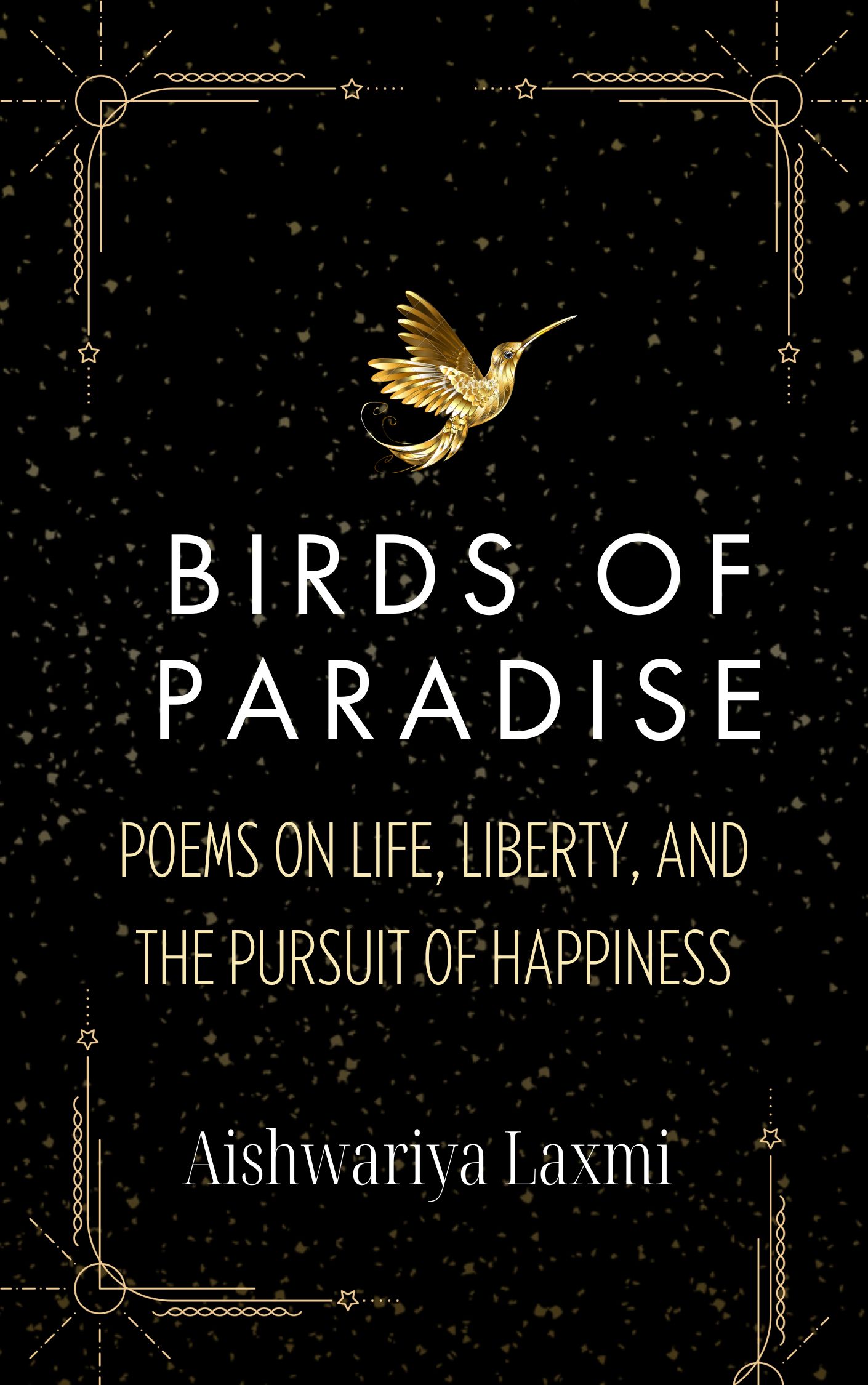As a city-bred girl, my idea of the Irula community has always been limited to the knowledge that they handle/catch snakes. After moving to suburban Chennai, I’ve learned a lot more. I know a girl from the community who is around 20 plus, but she looks 16-18 owing to her slim and svelte body. She can easily bend and touch her toes or negotiate her way into narrow crevices without holding her breath.
She is married–she went against the collective wisdom of her family and married the person of her choice, although she was more educated and had a better job before marriage. She stopped working because of objections from her husband’s family. Her husband has a drinking problem, as most husbands of rural women in Tamil Nadu do. The onus of earning an income has fallen on her frail shoulders. She is expected to pay for her husband’s relatives’ needs, too.
When I heard some of this, I felt irritated that it was happening. I thought it was not fair to her. As someone with a dusky complexion, she was concerned about looking appealing and tried some fairness creams. So often, in India, women from all castes and communities use fairness products so that they fit the conventional ideas of beauty and appeal. However, when she stopped doing that, I felt some happiness.
What I love about her is that she does most things with a smile. She does not look irritated or annoyed and has a pleasant demeanour. I believe her father is an artist. Her husband was involved in some welding work and injured himself. It fell upon her to look after him. I think she was insecure about her husband’s family brainwashing her husband against her when he went to stay with his mother during his recovery. But honestly, the time he was away was easier for her because she could focus on her work and not be overwhelmed with too many responsibilities.
She has had some pleasant days, too. Hers is not a story of only drudgery and misery. After the pandemic, she went on a honeymoon with her husband. They hired a car and went to cooler climes in Ooty. When she came back, she related details of her trip with excitement. It was refreshing to witness. Her musical tone of voice was lilting, and she was recollecting fond moments, overlooking some unpleasant ones, such as the expensive chocolates they bought being stolen from the car. Seeing her enjoying her life this way made me think that one’s youth comes only once and should be spent happily.

Photo by Gowtham AGM on Unsplash
One day, it poured in our area. I heard whispers about how she wanted to catch a turtle that was spotted nearby and sell it. This is considered a natural thing for their community to do. Also, she was reluctant about de-homing some wasps from their nests since they do not like to interfere with nature. As part of their culture, her extended family goes on picnics to the forest areas, the beach, and other places. She has been to the girivalam in Tiruvannamalai.
The Irula community numbers around 200,000 spread across three states: Tamil Nadu, Kerala, and Karnataka. Those in Karnataka are named Iruligas,
Irulas catch rats, which are pests in villages. Irula men use a traditional earthen pot and blow smoke through their mouths to fumigate the rats. This practice leads to severe respiratory and heart problems for them. Irulas also collect honey or work as laborers. Fishing and cattle farming are also significant occupations. The Irula people practice animism where they believe in a Goddess named Inga who lives with her six sisters worshipped in the form of stones under trees. These seven sisters are seven Goddesses. The Irula people also believe in Ancestral Spirits, and they traditionally believe that the spirits of virgin girls can possess anyone. These spirits are worshipped as guardian deities of villages by Irula tribals. The Irula also believe in the presence of evil spirits known as Pe, who can possess and haunt people. They sacrifice roosters to keep evil spirits away. Many Irula people worship Hindu Gods and take part in Hindu festivals. Some Irulas have also been converted to Christianity. People from other castes have severely discriminated against them in society.
( Content in italics paraphrased from Wikipedia)
I came across a few scientific papers on the Internet that documented the herbal snake bite remedies of the Irula Tribal People of Kancheepuram district, Tamil Nadu. The tribe also uses 22 species of plants for useful purposes. They build rat traps and excel at understanding snakes.
They are effective in mitigating snake-human conflict, which is essential since an estimated 46000 people die of snakebite every year in India. (Jacobsen, 2014)
Many members of the community reportedly do not have their own homes. The government is involved in some welfare projects for them. During the Michaung cyclone that hit Chennai, many of the Irula community were sent to a nearby school for a few days until the storm blew over. They had lost their homes—which had only thatched roofs — and those homes were destroyed in the gale. I know of someone who went from pillar to post, hoping to obtain a house, but to no avail. The government is making efforts to help the community.











